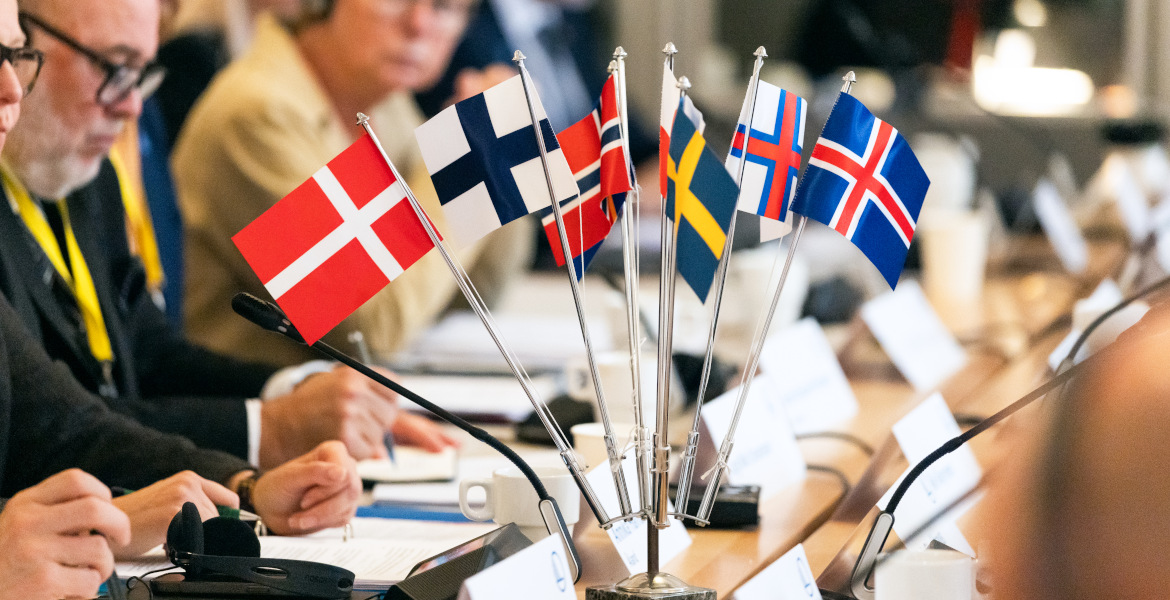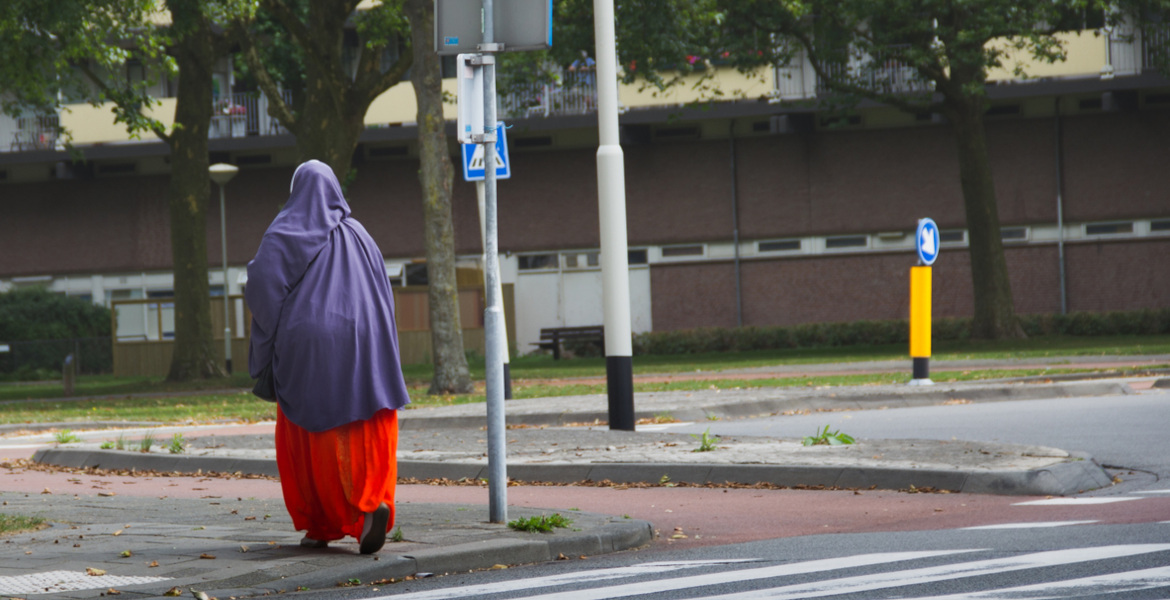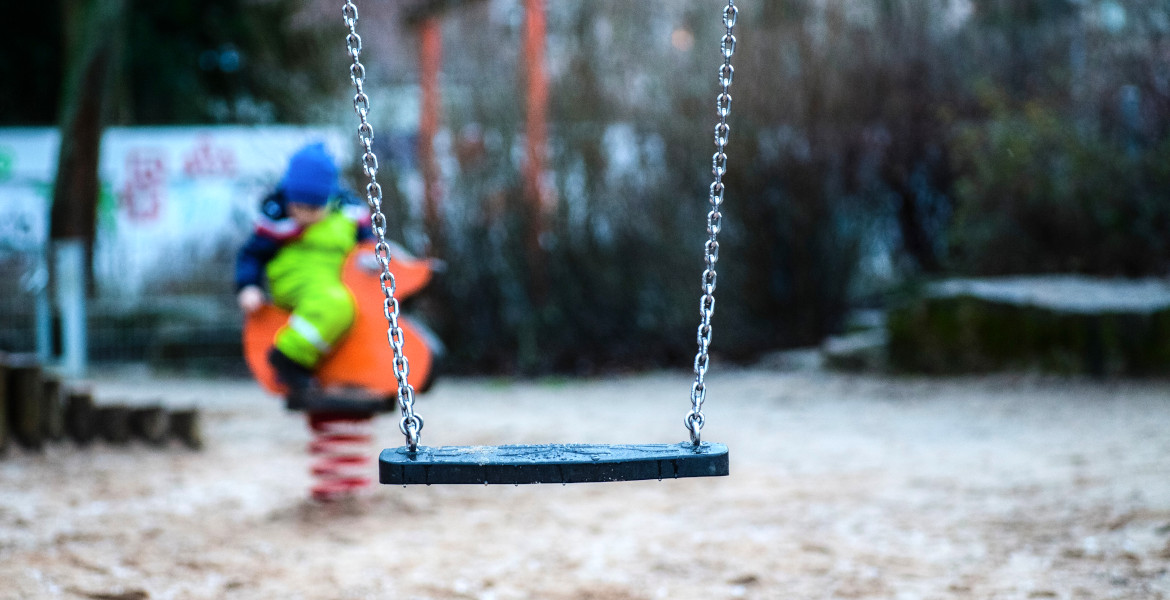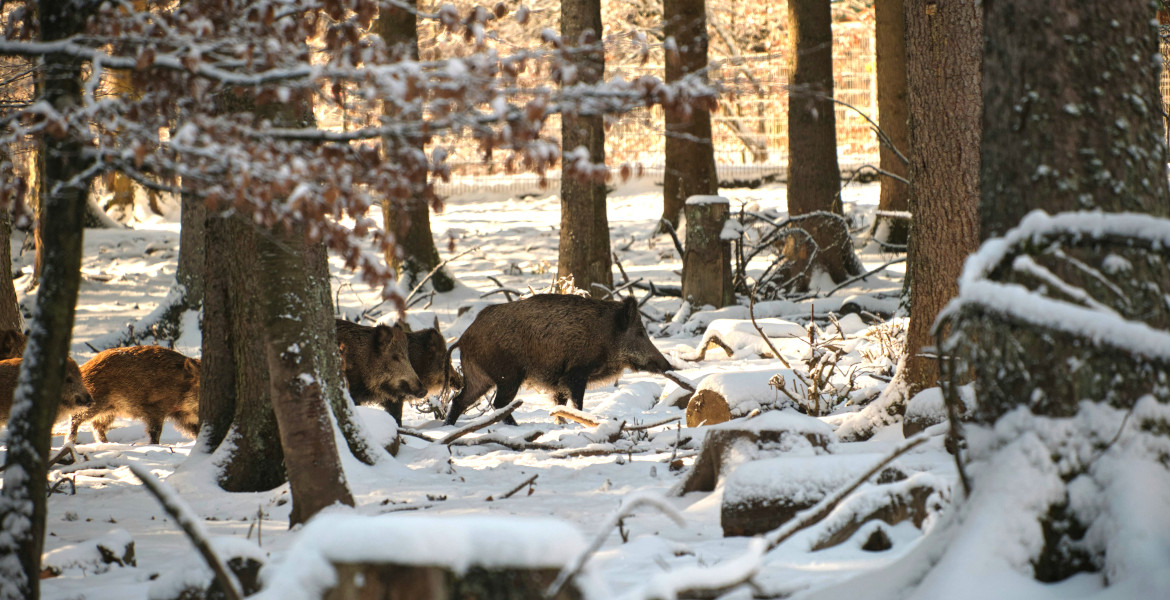The Nordic Council is expanding its presidium and granting Greenland, the Faroe Islands and Åland permanent seats in its political leadership. The decision takes effect at the turn of the year.
Previously, only Denmark, Norway, Sweden, Finland and Iceland have held seats in the presidium, which governs the council's overall political direction and is responsible for budget matters as well as foreign and security policy parliamentary cooperation.
Now the Nordic Council's parliamentarians have decided to reform the council's highest political leadership – which means it will be expanded with representatives from Greenland, the Faroe Islands and Åland.
The three autonomous territories are not full members because the Helsinki Treaty, which is the Nordic Council's founding agreement, only includes the five independent Nordic states. Despite this, the opportunity for greater influence is now welcomed.
— This is not just about equality for us. It's about us wanting to take full responsibility for strengthening Nordic cooperation, says Høgni Hoydal, member of the Faroese parliament (Løgting), according to Danish public broadcaster DR.
Paused participation
Last year, Greenland paused its participation in protest against perceived discriminatory treatment. Now Greenlandic parliamentarian Justus Hansen views the future more positively and hopes that the governments will quickly update the Helsinki Treaty.
— We are pleased that the Nordic Council has taken responsibility for fully involving Greenland, the Faroe Islands and Åland in the Nordic Council's cooperation. Greenland now looks forward to the governments following suit in their work to update the Helsinki Treaty. As soon as possible, says Hansen.




